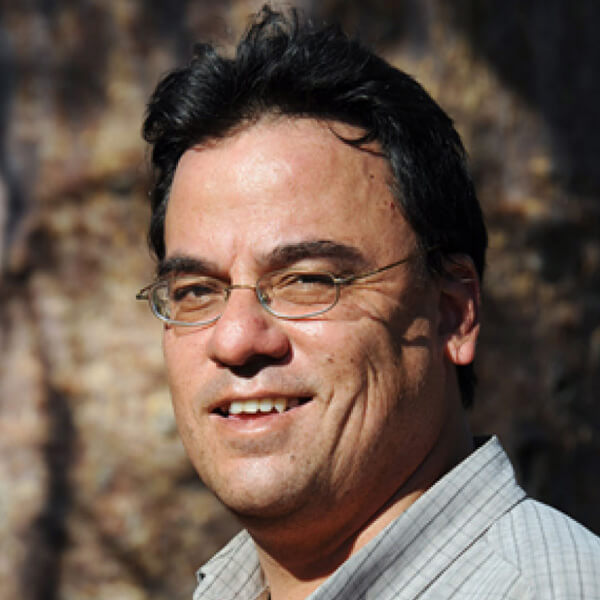In the north-east of Madagascar, the transition to a vanilla industry which couples high-quality beans and improved farmer income is well on its way. Livelihoods’ project launched 5 years ago is recording encouraging results when it comes to improved farmer income, the structuring of a transparent supply chain, the involvement of women and the youth. The project relies on the commitment from a coalition of private and private actors who have joined forces to positively transform an economically fragile industry. The Livelihoods’ Fund for Family Farming (L3F) has brought together Danone, Mars (through its supplier, Prova), Firmenich, the French Development Agency (AFD) and local Fanamby NGO to embark 3,000 smallholder farmers in a 10-year transformation.
What is our partners’ point of view regarding the project’s achievements so far? What are the key learnings, the challenges encountered and positive signals for the future? In this interview, the word is to Serge Rajaobelina, Founder of Fanamby NGO in Madagascar.
Livelihoods Venture: Our joint project in Madagascar is based on an operational partnership with the Livelihoods Funds and private companies. As an NGO, how did you experience this partnership and what are the lessons learned so far?
“It is always complex, for an NGO like ours, which is guided by development and environmental indicators to commit with the private sector which is results-oriented and has product quality requirements. Implementing a project together is a long-term learning process. Farmers cannot answer to an email, a request or a quality requirement by the second. Transformation on the ground takes time. It has been an interesting challenge, as today, we observe that the private sector is more oriented towards the long run than before.
Today, private actors make long-term commitments and take time to better understand farmer constraints and needs. This has been, a very fruitful partnership for us. We managed to link both stakeholders’ expectations in a common initiative which brings benefits to the farmers.
So far, we have implemented a rural development project which has better linked vanilla farmers to the market. We have worked closely with the rural communities, the farmers and their families to improve their living conditions, contribute to the village and municipalities development, with the full support of the private sector.”
LV: 5 years after the project launch, what are the main achievements and challenges you have met?
“The recently conducted social perception study shows very encouraging results. But it has also been a challenge to convince farmers to work with private actors. Farmers and rural communities tend to focus on the short term, as they need to sustain for their families’ needs in a complex poverty context. Not all farmers are on the same pace: some will quickly understand the long-term transformation approach, for others, we must accompany them with patience.
Regarding the structuring of the supply chain, activities started rather smoothly. Before, the farmer communities where highly dependent on intermediary buyers and external collectors who took advantage of the industry. This was at the opposite of what we wanted to succeed. Farmers saw in the project a real opportunity to access a fair market and improve their income.
On an environmental level, it is important to have in mind that we cannot talk to farmers about nature and biodiversity preservation, when sustaining for their vital needs is a priority for them. Again, it takes time to raise awareness about natural resources preservation. But as soon as they understand that their livelihoods directly depend on these natural ecosystems, it becomes easier to discuss about nature preservation. Today, local communities are aware of the negative impacts of environmental degradation on their plots and the need to also embark young farmers on this”.
LV: When we look at the transformation currently underway, which seems to be the most promising element for the future to you?
“The young generation of farmers brings us a lot of hope for the future. They are in a completely new dynamic in the sector, they are openminded and more turned to the external world. They are committed to contribute to productive farms and healthier ecosystems. At farm level, production diversification to help farmers depend less on vanilla income is also a positive signal. The long-term support of the private partners in the project, through the Livelihoods fund for Family Farming helps us explore other sources of income than vanilla. This is key to contribute to bring the farmers out of poverty.
The project’s results to date show us we are in a real partnership approach with encouraging economic and environmental perspectives. At Fanamby, our state of mind has been to encourage the decisions and actions coming from the farmers themselves. We wanted to build a real conversation with them, and together help them sustain for their livelihoods. Within Livelihoods project, we have managed to keep in the same mindset and align on the same values, which are driving our everyday action in the field”.
- Read our interview with Eric Nicolas, Chief Operating Officer at Firmenich
- More about the project’s social impact study results



